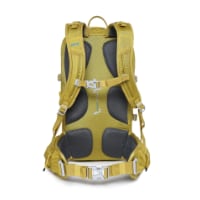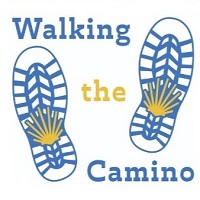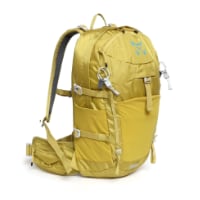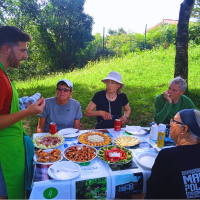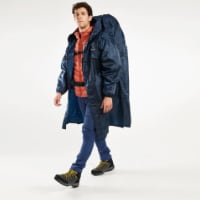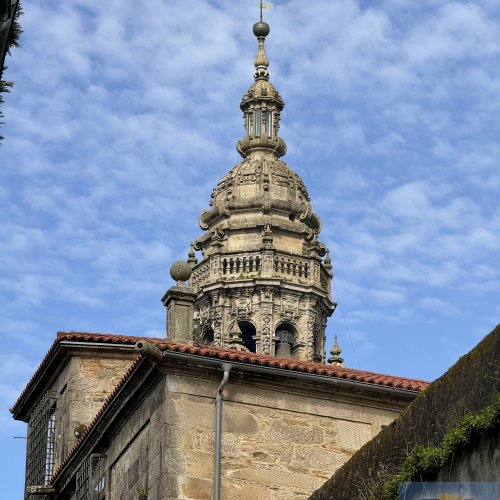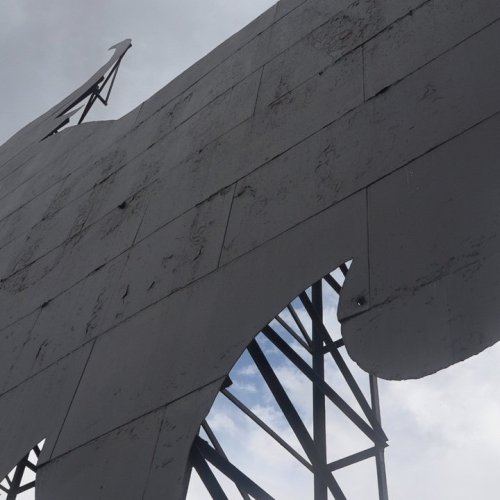Perhaps you'll disagree, but with simple symbols, almost all women find their way into women's restrooms and men into men's restrooms, and we don't need 6,500 words on each door.
With signage that doesn't require familiarity with the language or language dictionaries, even a very modest reduction of 10% in the number of rescues seems worth it, since the cost of the signage is almost certainly less than the cost of even one average rescue. I highly doubt the rescue teams are looking at rescues as a profit-driven business, which means the reduction would probably be very welcome, not to mention that it reduces the chance for serious injury or even death for them.
For the record, I'm not defending the Brazilians at the start of this thread, nor are they the ones that I am thinking of when I posted my suggestion about the signs. To go as a diabetic without sufficient nourishment, in my mind, speaks volumes about the carelessness of what they did. Moreover, they should have been able to read the signage that was up.
That being said, I think that it is a relatively simple thing to increase the effectiveness of the signage for those that would benefit from it. That was the point of my post; whether or not people agree with it is another matter. On the other hand, it would be easier and cheaper to simply nominate the lot for a Darwin Award and let God sort them out.






